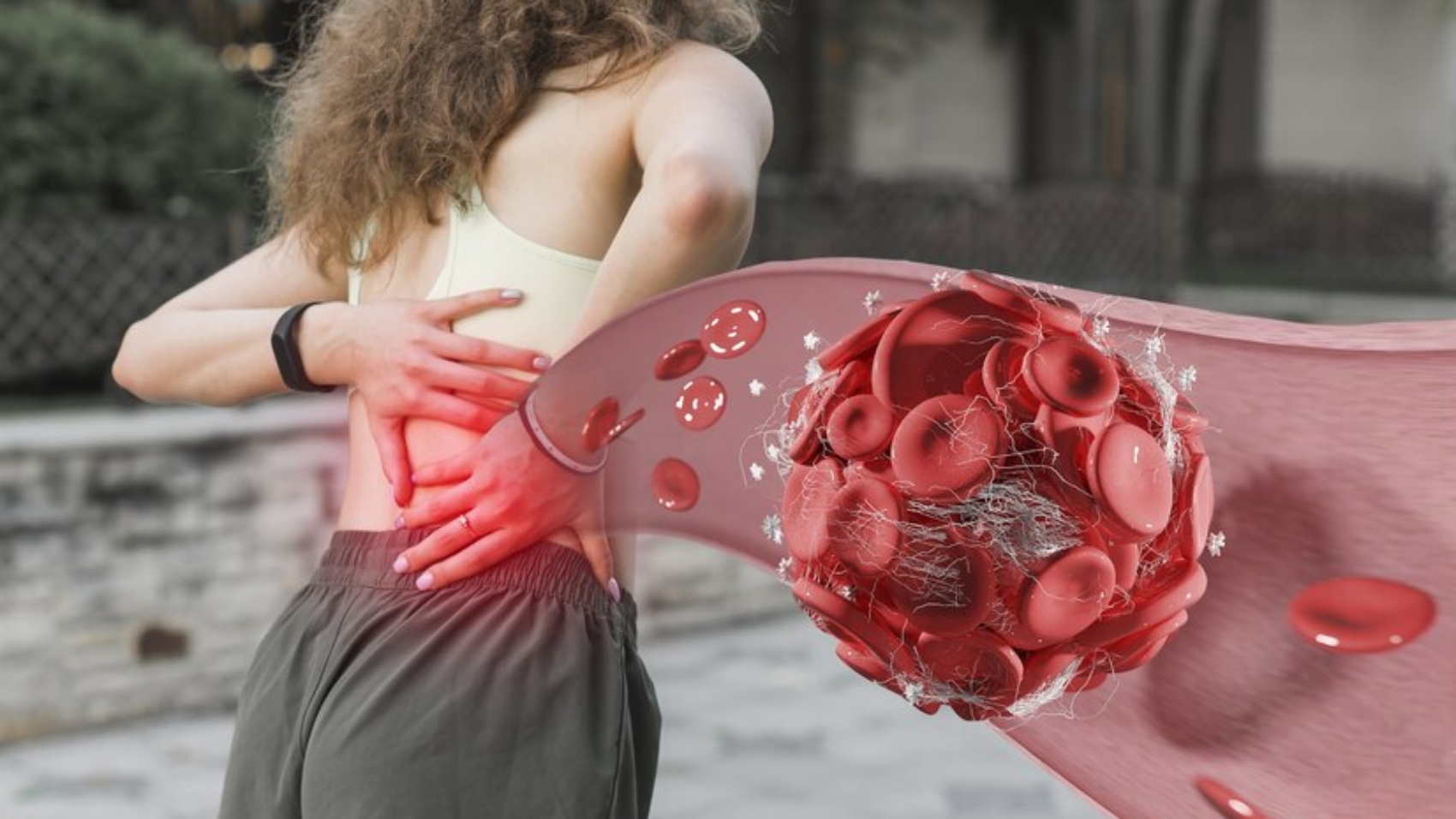Kidney stones, also known as renal calculi, are a painful and often recurring condition that affects millions of individuals worldwide. While there are various causes of kidney stones, diet plays a significant role in their formation. Understanding how dietary choices impact stone development is a valuable step toward prevention. Here is some information that explores the connection between diet and kidney stones, common dietary triggers, and steps to reduce risk.
Understanding Kidney Stones
Kidney stones are hard, mineral-based deposits that form in the kidneys. They develop when certain substances in the urine, such as calcium, oxalate, or uric acid, become too concentrated. These substances crystallize and stick together, eventually forming stones. Low urine volume, often caused by dehydration, can also contribute to their development. An imbalance in substances that prevent stone formation, such as citrate, plays a role as well. Genetics and certain medical conditions may increase the risk of stones. Diet is often a modifiable factor that has a significant impact. Understanding these factors is crucial for preventing and managing this condition effectively.
Recognizing Foods Linked to Renal Calculi
Certain foods are linked to a higher risk of renal calculi. One major factor is oxalate, a natural compound found in foods like spinach, beets, and nuts. When oxalate levels in the urine are high, it combines with calcium to form stones. High sodium intake also increases the risk. It raises calcium levels in the urine, which promotes stone development.
Animal proteins, like red meat and shellfish, have been linked to kidney stones. They can increase urine acidity, which may lead to the formation of uric acid stones. Reducing portions of these foods could help lower the risk.
Making Dietary Adjustments to Lower Risk
Hydration is one of the most effective ways to manage renal calculi risk. Drinking sufficient water helps dilute the substances in urine that leads to the formation of stones. Experts recommend that individuals prone to kidney stones aim to drink at least eight glasses of water daily, specific fluid needs can vary based on factors like activity level and climate.
Maintaining a balanced intake of calcium-rich foods is another strategy to prevent stones. While it might seem logical to cut out calcium to lower the risk, low calcium consumption can actually increase oxalate levels in the urine, raising the likelihood of stone formation. Including moderate amounts of dairy or calcium-fortified alternatives in your diet can provide a protective effect while supporting overall bone health.
For those who consume oxalate-rich foods, such as spinach or nuts, pairing them with calcium-containing foods during meals helps reduce oxalate absorption. This simple dietary adjustment can significantly lower the risk of stones forming in susceptible individuals. Reducing sodium intake and moderating the consumption of animal protein are beneficial for overall kidney health. These changes can help create a more balanced internal environment, minimizing stress on the kidneys.
Taking Control of Your Kidney Health
Dietary choices significantly impact the formation and prevention of renal calculi. Drinking more water, balancing calcium intake, and monitoring oxalate and sodium levels help lower your risk. By staying proactive and informed, you can take control of your kidney health and reduce the chances of experiencing the discomfort of kidney stones.

